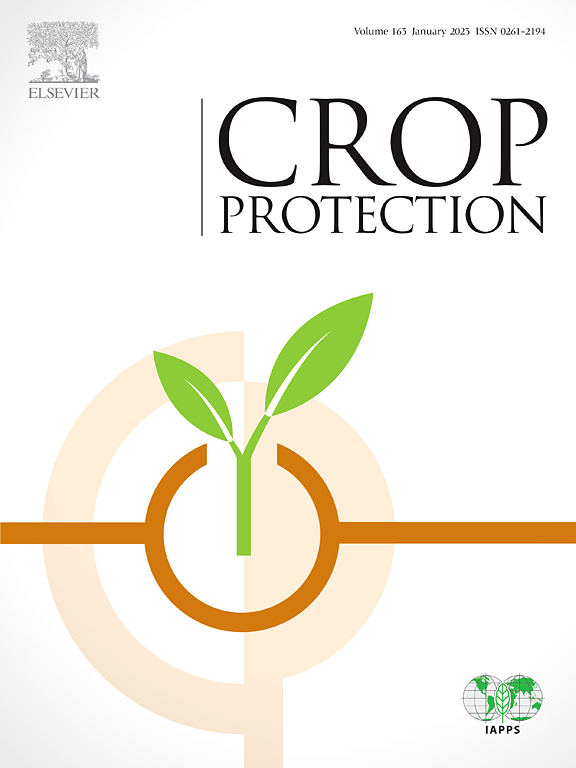This study comprises a review of oil palm development and management across landscapes in the tropics. Seven countries have been selected for detailed analysis using surveys of the current literature, mainly spanning the last fifteen years. Indonesia and Malaysia are the obvious leaders in terms of area planted and levels of production and export, but also in literature generated on social and environmental challenges. In Latin America, Colombia is the dominant producer with oil palm expanding in disparate landscapes with a strong focus on palm oil-based biodiesel; and small-scale growers and companies in Peru and Brazil offer contrasting ways of inserting oil palm into the Amazon. Nigeria and Cameroon represent African nations with traditional groves and old plantations in which foreign ‘land grabs’ to establish new oil palm have recently occurred.
The literature surveys have been conducted in English and complemented with literature in local languages (Indonesian, Spanish, Portuguese and French), and where possible have also included fieldwork. Four major themes are used to structure the argument and maintain a comparative approach. They are: 1) the influence of oil palm expansion in economic development and land use change, especially deforestation; 2) the role of government policies and corporate strategies in shaping oil palm development; 3) the business models commonly used, especially plantations and various types of smallholders, either assisted or independent; and 4) ongoing initiatives towards more sustainable and inclusive oil palm production. This study shows that oil palm development is heavily entrenched in local and national political economies and responses for advancing towards more sustainable oil palm have to look beyond oil palm as a sector and a commodity.
Download:
DOI:
https://doi.org/10.17528/cifor/005612Score Altmetric:
Dimensions Nombre de citations:
Année de publication
2015
Auteurs
Langue
English
Mots clés
oil palms, plantations, landscape, biodiesel, bioenergy, biofuels, deforestation, economic development, fuel plantations, government policy, land use, renewable energy, sustainability


















